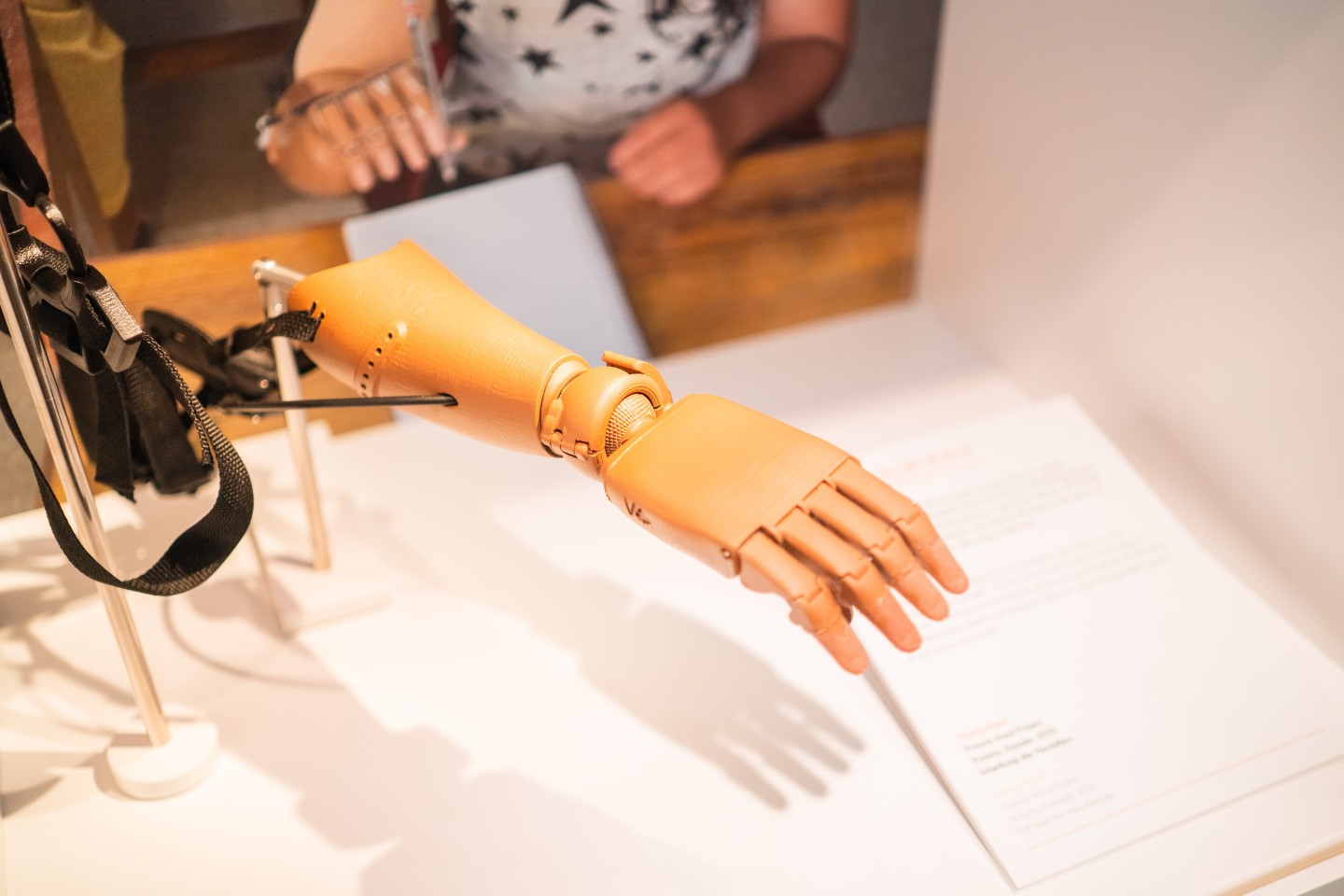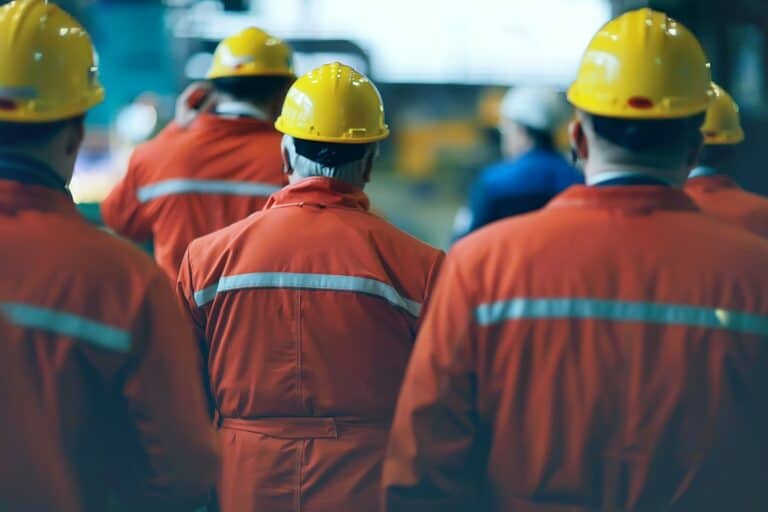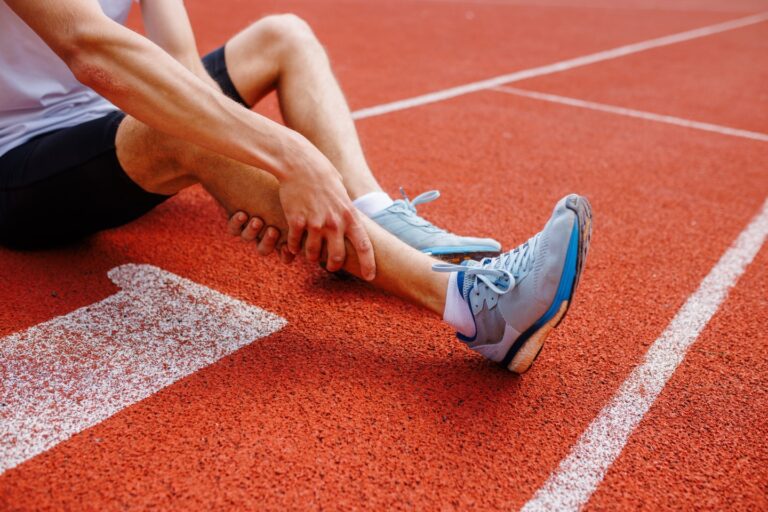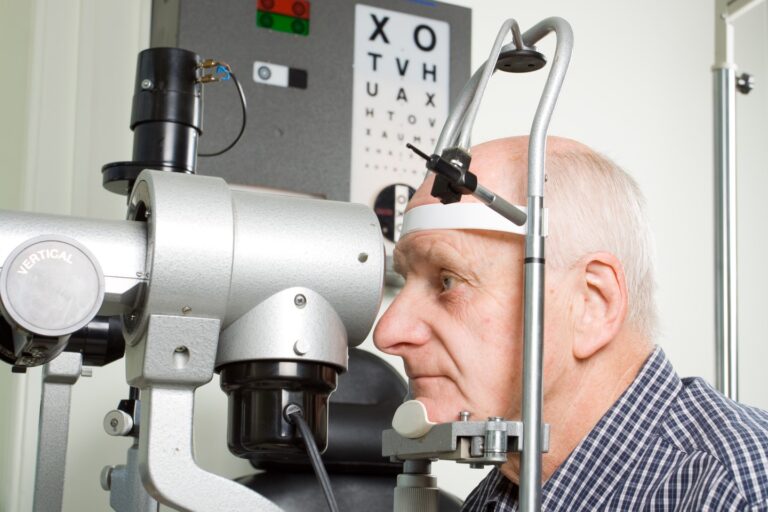
Gripping life again: How cutting-edge prosthetics are transforming recovery
When 24-year-old farmer Ashley Herbert lost his right hand in a horrific farm machinery accident, he could never have imagined that more than a decade later, he’d be raising a pint with friends thanks to one of the world’s most advanced bionic arms.
Ashley’s story recently made national headlines after he became the first NHS patient to be fitted with the Hero PRO, a multi-grip bionic prosthesis developed by UK robotics company Open Bionics. It represents a remarkable leap forward in rehabilitation technology, and a powerful reminder that life after serious injury can be full of hope, independence, and possibility.
A story of resilience
Ashley’s accident happened in an instant. While working on a farm near Penrith, his hand was caught in a forage harvester and couldn’t be saved. Despite emergency surgery, he was left facing life as an amputee at just 24.
Within three months of his amputation, Ashley began using a heavy metal “claw” prosthetic, but it was uncomfortable, impractical for everyday life, and even caused problems in social situations. For years, he struggled to find a prosthesis that truly worked for him, one that balanced strength, comfort, and dexterity.
That all changed when he became part of an NHS trial for the Hero PRO. The lightweight, high-tech prosthesis offers multiple grip patterns, waterproofing, wrist rotation, and even wireless connectivity. It allows Ashley to handle farm tools, push a supermarket trolley, or hold a pint with ease – things most people take for granted.
For Ashley, this new limb hasn’t just restored physical ability; it’s transformed his outlook. He said: “Since my amputation, my outlook has shifted for the better. I’ve learned to prioritise what’s important and value life, family, and friends on a whole new level.”
Rehabilitation matters and it takes many forms
Stories like Ashley’s underline something we see every day in personal injury work: recovery doesn’t end when the wounds heal. Rehabilitation, physical, psychological, and social, is vital for helping people rebuild their lives after catastrophic injuries.
Modern prosthetics, occupational therapy, counselling, vocational retraining, and home adaptations all form part of a successful rehabilitation pathway. Accessing these services early can dramatically improve long-term outcomes, helping clients regain independence, confidence, and purpose.
How personal injury claims support rehabilitation
When someone suffers a life-changing injury due to another party’s negligence, whether through a workplace accident, a road collision, or medical negligence, a personal injury claim can fund rehabilitation, giving people the best possible chance to recover.
A well-managed claim can ensure early interim payments to cover vital treatments, equipment, and therapies. It can secure expert assessments from prosthetics specialists, physiotherapists, and psychologists. It can even enable access to cutting-edge technology like the Hero PRO long before it becomes standard NHS provision.
At BBK, we work closely with rehabilitation providers to make sure clients don’t just receive damages, they receive the right support at the right time. For many, this makes all the difference between merely surviving and truly living again.
Technology is changing what’s possible
The Hero PRO represents the next generation of prosthetic technology. Developed in Bristol by Open Bionics, it combines robotics, biomedical engineering, and user-centred design. Its multiple grip modes and intuitive controls give wearers the ability to perform a huge range of tasks, from DIY to sports, with precision and comfort.
Importantly, the NHS’s decision to trial and adopt such advanced devices marks a positive shift towards greater patient choice and innovation within publicly funded healthcare. It shows that, with evidence-based procurement and collaboration between clinicians, patients, and manufacturers, life-changing technology can reach the people who need it most.
Finding hope after injury
Every catastrophic injury client has their own version of Ashley’s journey. The physical and emotional challenges can be immense but with the right rehabilitation and legal support, recovery is possible.
It’s natural for newly injured clients to feel overwhelmed, frustrated, or fearful about the future. But stories like Ashley’s demonstrate that innovation, perseverance, and expert support can restore not just mobility, but joy and independence too.
If you or a loved one has suffered a serious injury, you don’t have to face recovery alone. Specialist legal advice can help ensure you receive the care, rehabilitation, and compensation you deserve and help you take the next step toward rebuilding your life.
Ashley’s bionic arm may be a symbol of extraordinary technology, but at its heart, his story is about something timeless: human resilience. With the right support, determination, and access to innovation, even the most devastating injuries don’t have to define the rest of your life.









